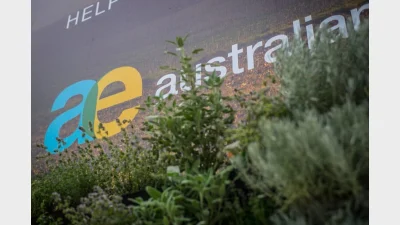MySuper saving people from choice




Cooper Review panel member David Gruen has outlined some of the thinking behind the review’s MySuper recommendations in a speech to the Australian Conference of Economists, saying that existing economic theory and research underpinned the panel’s beliefs that increased choice can lead people to make poor decisions.
“For most people, whether to save and how much to save can be a difficult cognitive problem because of a combination of limited calculation power, along with framing and anchoring biases,” Gruen said.
The standard theory that more information and choices make people better off has been questioned, he said.
“Large choice sets appear, in some circumstances, to degrade the quality of the decisions people make.”
Research suggests choice overload increases the likelihood that people, particularly those with low levels of financial education, will choose a default option, leads people to pick simpler options regardless of their suitability or degrades their capacity to make optimal decisions, he said.
“[The evidence] highlights the importance of financial literacy, but also the importance of high-quality default options in retirement saving plans. [Evidence] also suggests that people can be made better off if choices are framed to ‘nudge’ them towards making optimal decisions,” he said.
A key principle of MySuper was to mandate a default option that would promote the wellbeing of those who did not want to actively choose an option, but that mandated option would not be imposed on anyone, he said.
People would be able to select MySuper or choose from a range of alternative options, but the idea was not to have a centrally determined option for everybody.
“[MySuper] aims to provide a simple, diversified and cost-effective product,” he concluded.
“Trustees of MySuper products must comply with a number of requirements, which include trustees’ duties, the types of fees that can be charged and reporting and disclosure obligations.”
Recommended for you
First Nations Australians have faced systemic barriers accessing super, with rigid ID checks, poor service, and delays compounding inequality.
“Slow and steady” appears to be the Reserve Bank’s approach to monetary policy as the board continues to hold on to its wait-and-see method.
AFCA’s latest data has shown a decline in complaints relating to superannuation, but there is further work to be done, it has warned super funds.
Limited exposure to fossil fuel companies has positively impacted the performance of Australian Ethical’s balanced and growth funds, the super fund says.











